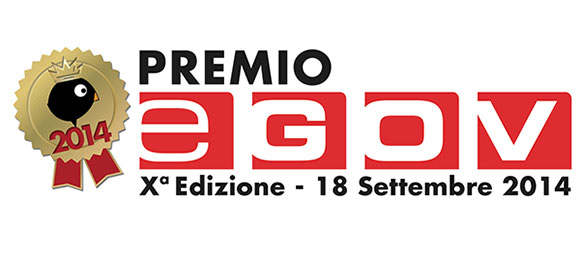Earlier today the birth was announced of LibreItalia, which has been founded by Italian members of The Document Foundation and has the objective of bringing together all the Italian users of the free and open source LibreOffice productivity suite to speed up the adoption and promotion of the suite that is designed as a free individual productivity and office automation tool capable of closing the digital divide and breaking down the barriers to information technology for the poorest in society.

In addition, LibreItalia will promote the ODF/Open Document Format (ISO/IEC 26300) standard for official documents, which was recently adopted by the UK government (posts passim) as a template for all content, together with PDF/A.
The initial Board of Directors, which will be in post for two years, consists of seven members, five of whom are directly involved in the LibreUmbria project (which was originally established to promote the use of LibreOffice in public sector organisations in the Umbria region. Ed.): Sonia Montegiove, Chair; Marina Latini, Vice-Chair and Chief Technical Officer; Giordano Alborghetti, Treasurer; and Andrea Castellani, Alfredo Parisi, Gabriele Ponzo and Italo Vignoli, directors.
All the new association’s news about LibreOffice is featured on the LibreItalia website. To become a member of LibreItalia, you’ll need to fill in an application using the relevant form after reading the site’s About us and Articles of Association pages. The membership fee for ordinary members is a mere €10.00 (reduced to €5.00 for students) and entitles members to a libreitalia.it mailbox.
Becoming a member of LibreItalia means supporting the values of transparency, sharing and working together, the same values which characterise the original LibreUmbria project.
For more information, email info (at) libreitalia.it.

 EU open source news site
EU open source news site 


